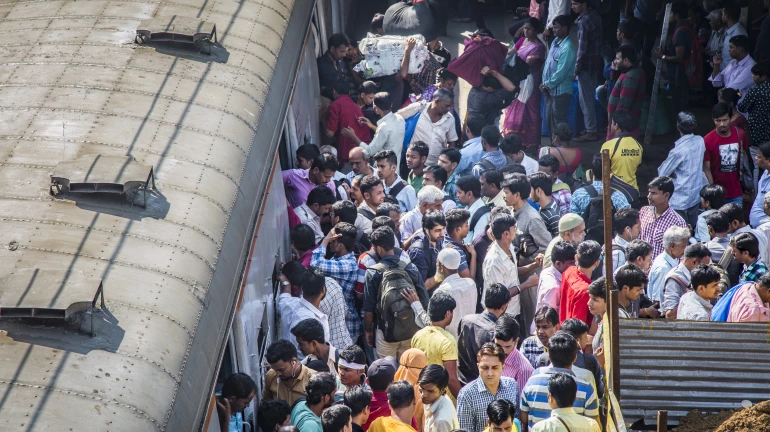
More than 50,000 people have died in railway accidents across the Mumbai Metropolitan Region (MMR) between 2008 and 2024. This data was revealed through a Right to Information (RTI) application.
Police say that identifying the victims is very difficult. Many are ragpickers, beggars, or people with mental health conditions. Often, there is no phone, no ID, and no family member to report them missing. They live without documents, and they die without being identified.
RTI says that out of the total, over 15,700 bodies have remained unidentified and unclaimed. That means nearly one in every three victims was never identified.
As per sources, these unidentified victims are mostly migrant workers, homeless people, daily wage earners, or mentally ill individuals. Many of them have no family support or any means of identification. When an unidentified body is found, the GRP keeps it at the mortuary for seven days. If there is any hope of finding their identity, the body is kept for up to 30 or even 45 days.
If the body cannot be identified, it is cremated. The costs are recorded properly. If the religion of the deceased is known, cremation is done according to that faith. Sometimes, medical institutions request these unclaimed bodies for research. The GRP allows temporary use for this purpose, on the condition that the body is returned in the same state for final cremation.
Despite all these efforts, most bodies remain unclaimed. As per reports, the Aadhaar Act of 2016 prevents police from accessing the Aadhaar database directly.
There are cases where a family comes searching after the cremation is already completed. This happens in only about 5-10% percent of the cases.
During this time, police teams across Maharashtra exchange photos and details. They check the victim's belongings and collect fingerprints. They also compare this information with existing police records. In some cases, tissue, hair, or nail samples are kept for possible DNA matching.





